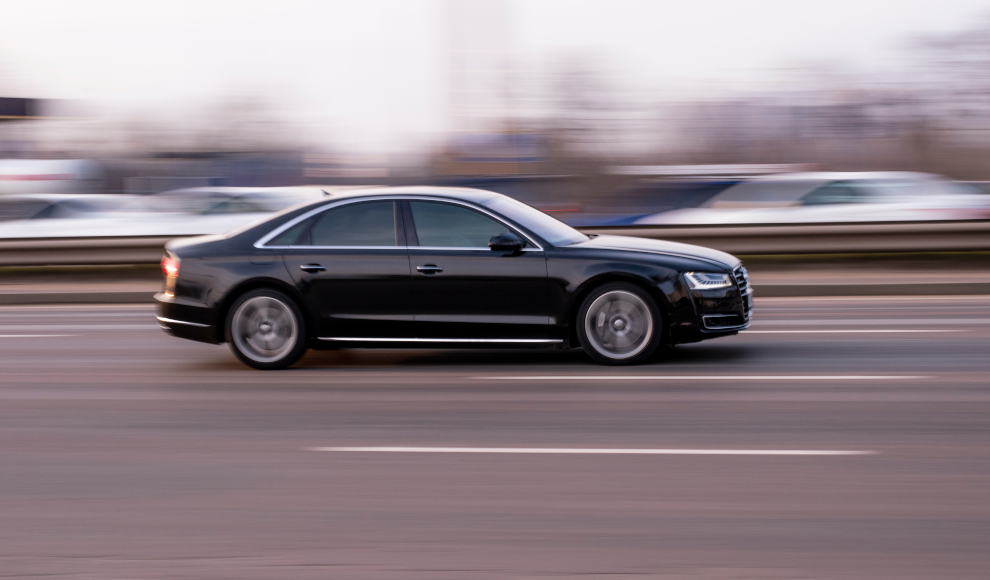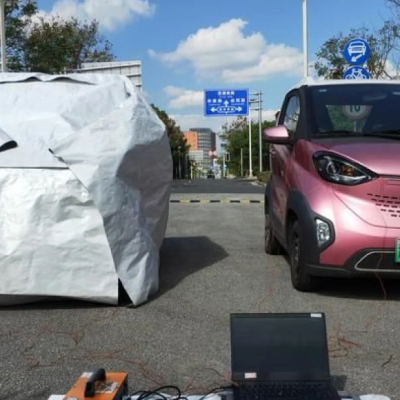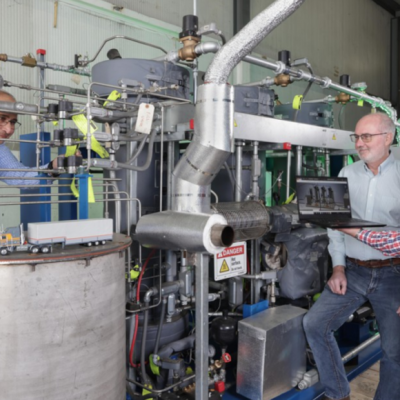The German government’s “Dienstwagenprivileg” policy, which provides tax benefits for company cars, is being criticized for promoting the purchase of high-end vehicles and hindering efforts to combat climate change. A recent study by the Forum for Social-Ecological Market Economy (FÖS) found that the policy is socially unjust and environmentally damaging, as it primarily benefits the top 10% of earners who purchase carbon-intensive cars. The study suggests that the policy should be reformed to promote the use of small electric cars instead.
The FÖS study recommends introducing a tax based on CO2 emissions, which would make carbon-intensive vehicles less financially attractive as company cars. The study also suggests that smaller and more affordable electric cars should be supported instead. The proposed changes could help the German government achieve its goal of having 15 million electric cars on the road by 2030. However, critics argue that the current policy favors high-income earners and outdated fossil fuel vehicles, and that the tax benefits should be restructured to promote social and environmental sustainability.
Experts from the Klima-Allianz Deutschland, the WWF Deutschland, and the Deutscher Caritasverband have all called for changes to the “Dienstwagenprivileg” policy. They argue that the policy is not in line with Germany’s climate goals and that it unfairly benefits the wealthy. They suggest that the government should focus on promoting the use of small electric cars, which would be more environmentally friendly and accessible to a wider range of people. The experts also recommend that the government should use public funds more efficiently to support social and environmental sustainability.










